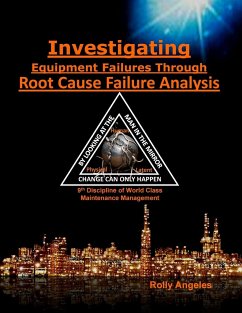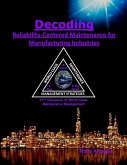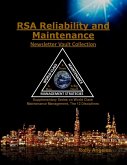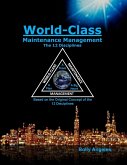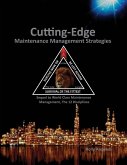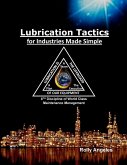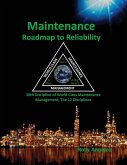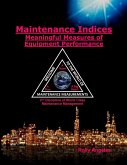People become successful in life by failing. The truth is, we cannot achieve success if we do not fail. Failure is inevitable. It will happen. Success comes after failure. Just like in industries, when an equipment failure happens, we need to accept it, challenge it and the most important of all is to learn from the failure. This means that when an incident happens, we have two options, either we learn from them or just ignore them and let the failure repeat itself. The message of Root Cause Failure Analysis is simply to take the first option and learn from the failure. Although there are many ways and techniques how to analyze the problem, what the author believes is that the root cause can only be derived if the evidence is well preserved. Without the presence of evidence, one can only speculate, agree, disagree, brainstorm, or make a judgment based on their experience. A true root cause will separate the facts from fiction before we spend time and resources to finally address the cause of the problem. Also explained in this book is the difference between conducting a Root Cause Failure Analysis Investigation and the common analytical problem-solving tools. The author of this book based his interpretation on his personal knowledge, experience, and former affiliation with one of the leading providers of Root Cause. I believe that uncovering the root cause is based on 100 % facts and pieces of evidence unfolded. Any investigation that is not based on evidence will not generate the root cause but only the probable or the most likely cause of the failure. The words Root Cause Analysis (RCA), and Root Cause Failure Analysis (RCFA) will be used respectively in this book. The author would prefer to use the word Root Cause Failure Analysis for equipment-related problems, while Root Cause Analysis will be used for non-equipment-related problems such as accident or safety investigation, quality defects investigation, and administrative incident investigation. Failures must not only be prevented nor predicted but what is important is challenging failures and learning from them. Finally, this book ends on what the real message of Root Cause Failure Analysis is all about. Some of the highlights of this book include: - Why Failures are Important - Why MTTR and RCFA are The Opposite of Both Worlds - The Slow and the Fast Train - The Golden Rule on Root Cause Failure Analysis - Is Root Cause Failure Analysis Reactive or Proactive? - Difference Between Analytical Problem Solving Tools and RCFA - Evidence: The Lifeblood of Root Cause Failure Analysis - Three Types of Evidence on RCFA - Understanding the Physical Cause of Failures - Understanding Human Errors - Is It Possible to Eliminate Human Error in Maintenance? - Classic Case of Human Error - The Sinking of the RMS Titanic - Ending Our Probe on the Latent Cause of the Problem - Classic Case of Latent Cause: The Challenger Disaster - Decoding the Song Man in the Mirror by Michael Jackson - Detailed Steps in Conducting an RCFA Investigation - Different Types of Corrective Actions - Actual RCFA Case Study - FAQs, Tips, and Donts on RCFA - All Failures have a Reason for Failing - Integrating RCFA Into the RCM Process - The Message of Root Cause Failure Analysis

